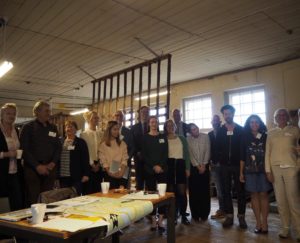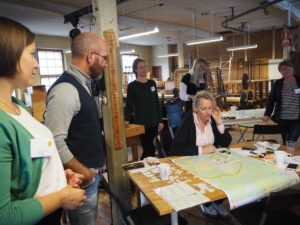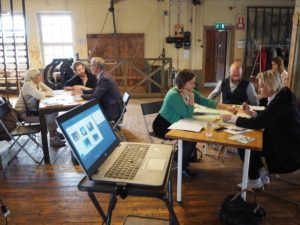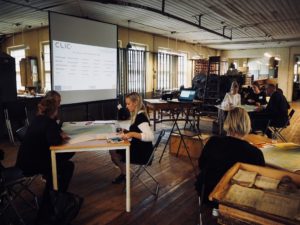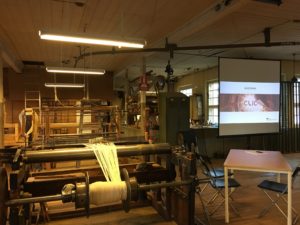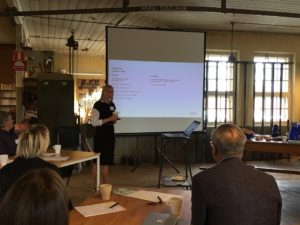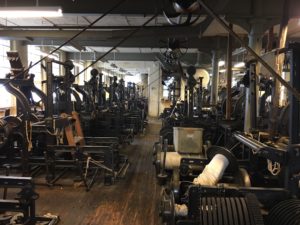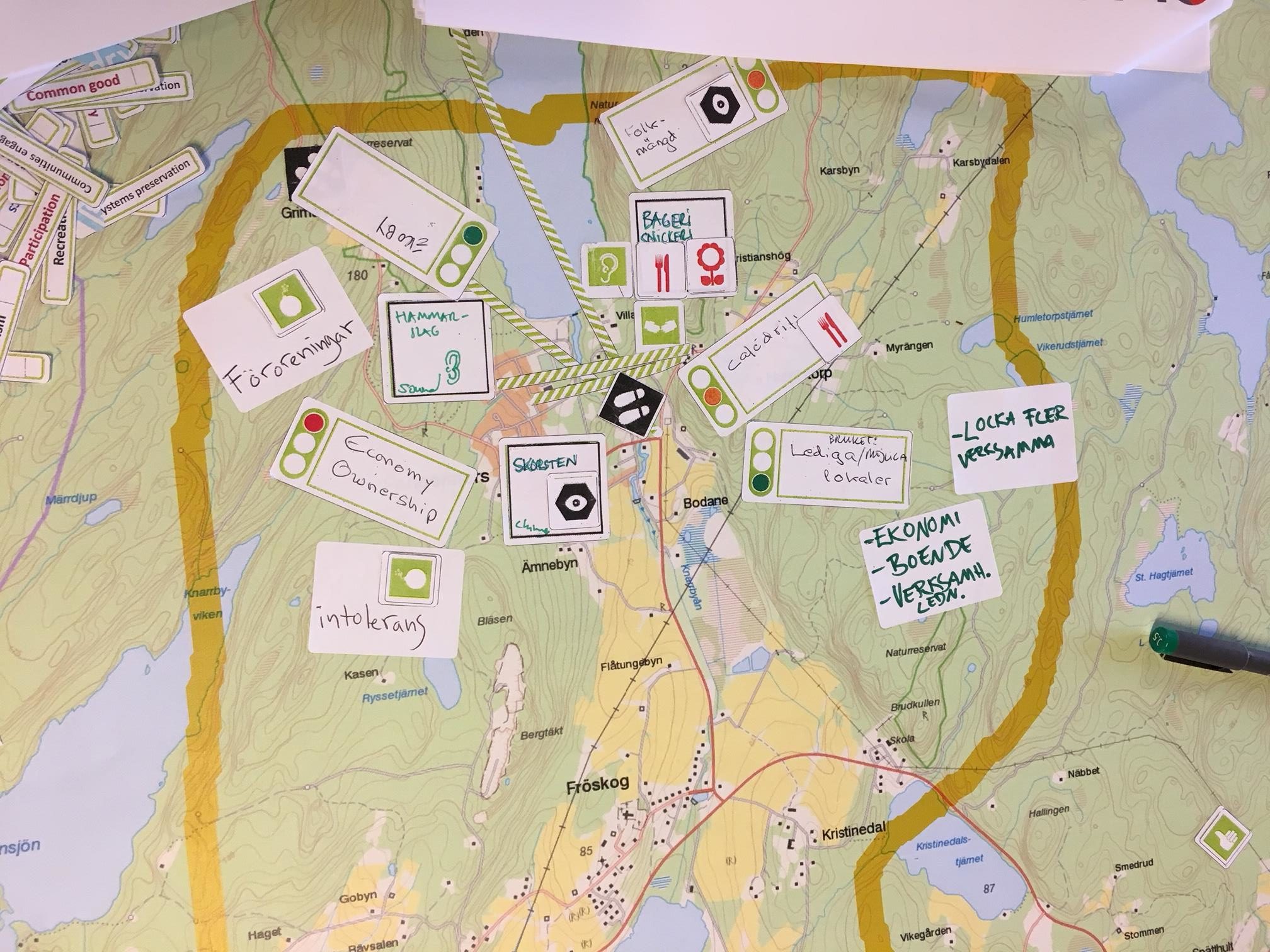
02Oct
Heritage Innovation Partnerships (HIPs) sessions
The process for Heritage Innovation Partnerships (HIPs) has been launched!
A first local meeting in Gothenburg (19 September 2018) – organised by Västra Götaland Region and Uppsala University, ICLEI, ICHEC, – started the entire dialogues’ sessions.
The Heritage Innovation Partnerships sessions aim at co-creating local action plans for adaptive reuse of cultural heritage in the four pilot cases (Amsterdam, Västra Götaland Region, Rijeka and Salerno) and involve CLIC partners, local stakeholders and community.
What do the HIPs work on?
For the opening session, the structure is similar for the four pilot cases: in the first part of the meeting, the HIP Dialogue Process clarifies general objectives and working hypotheses for which the cultural heritage is unused or underused. The second part of the schedule engages local participants in a session of cultural capital mapping led by ICHEC. This step focuses on what stakeholders identify as cultural capital assets (tangible and intangible) in their city/surrounding environment through a participatory process based on active listening, feedback, and reflection (e.g. five senses workshop of Cuenca). Supporting material includes maps, stationary, writing boards, visual materials (pictures/videos) and examples of cultural capital assets, as well as lists of potential threats and opportunities.
The whole HIPs process functions as a platform in which stakeholders, together with representatives from academia and local or regional governments, meet and cooperate in order to build an action plan for adaptive reuse of cultural heritage. The scheme, proposed and to be tested within the HIPs meetings, is explained below. The HIP meetings bring together participants from a broad range of organisations, including institutions, conservation organisations, community groups, and local businesses. By embedding the project’s work locally, the aim is to produce outcomes that are effective and adapted to the peculiarities of the different pilot areas. The focus is to tackle the adaptive reuse of cultural heritage through a strong local perspective, improving local knowledge, ideas, skills and cooperation. The meeting aims at engaging local actors in highlighting obstacles and bottlenecks of reuses’ processes in different cultural, political and regulatory contexts.
Collaboration for Innovation
In each city/region, the process includes 6 HIPs dialogues and a final Open Day:
- HIP dialogues are key meetings to implement multi-actor local partnerships, co-create local action plans and improve local knowledge, ideas, capabilities and cooperation;
- the interaction methodology is co-created with local actors and research centres (TU/eEindhoven University with Amsterdam, Uppsala University with Västra Götaland, University of Nova Gorica with Rijeka and IRISS CNR with the City Council of Salerno);
- HIP’s Open Day shows the results of HIPs within a public event;
- ICLEI (Local Governments for Sustainability) will coordinate the HIP process as aknowledge broker, creating a bi-directional bridge between the project and the local processes, in order to support the project’s impacts and learning outcomes.
Meetings are held in local language and participants are invited to actively and critically discuss on different issues for having a collaborative approach for CLIC Heritage Innovation Partnerships (HIPs).
Save the dates!
Next HIP meetings will be organised on 5th October by City Council of Rijeka together with Nova Gorica University and on 8th October by City Council of Salerno together with CNR IRISS.
